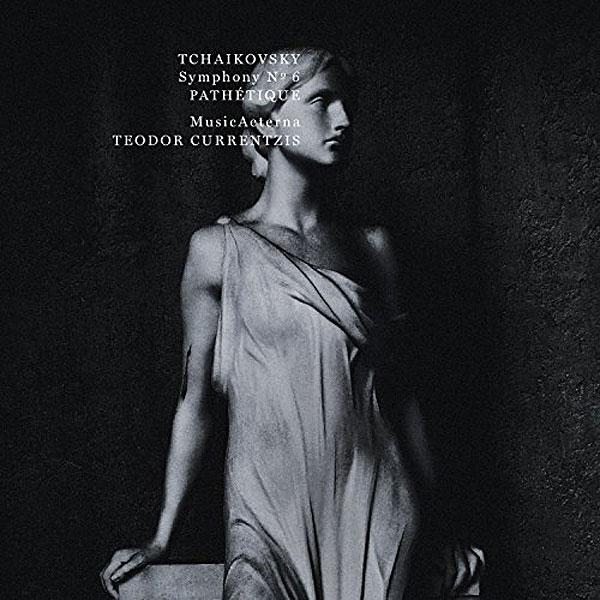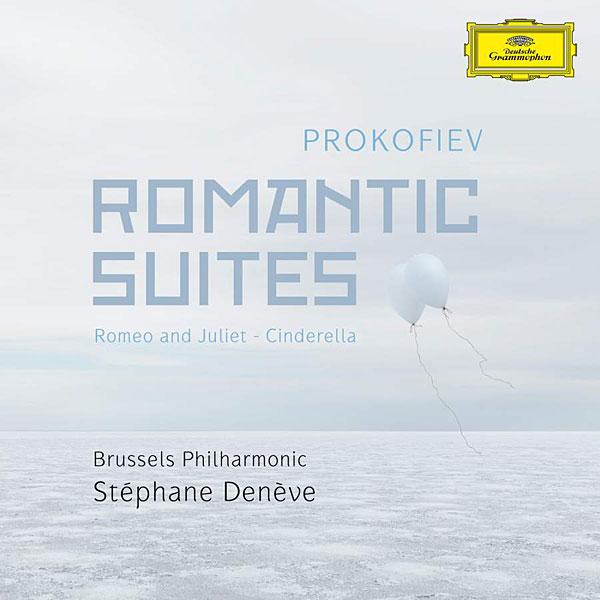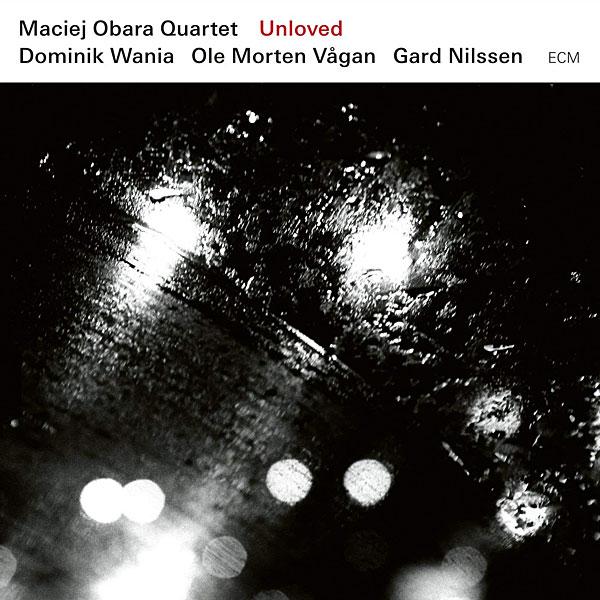|
Sep 28, 2018
|
Sep 24, 2018
Brussels Philharmonic & Stephane Deneve : Prokofiev: Romantic Suites (romeo And Juliet & Cinderella)
|
Sep 17, 2018
|
Aug 06, 2018
|
Jul 30, 2018


















